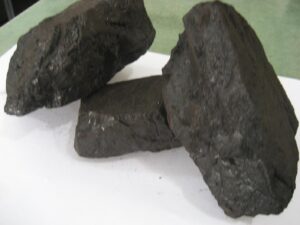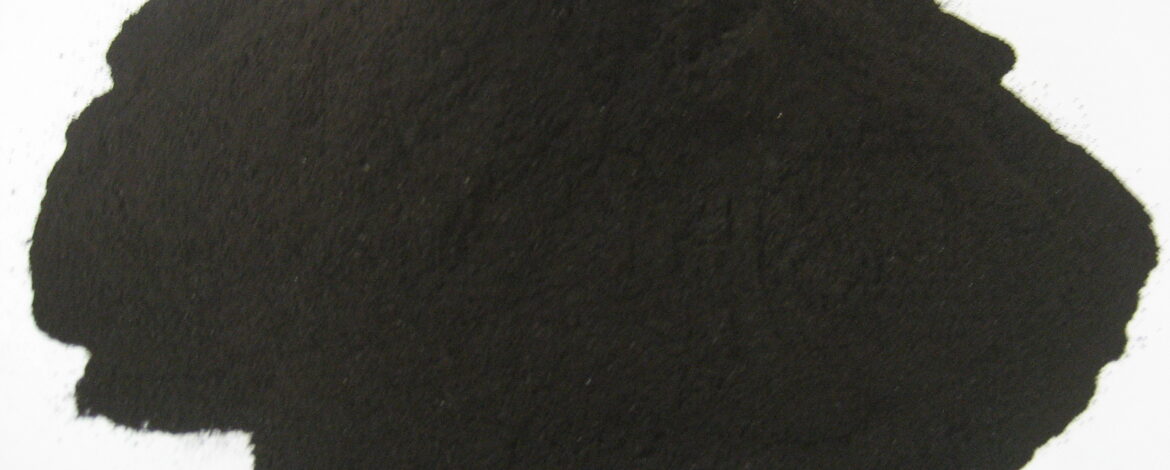The Role of Gilsonite in Modern Construction
Gilsonite, also known as natural bitumen or uintaite, is a unique natural hydrocarbon resin that has become an essential material in various industries, including construction. Its remarkable properties—such as high resistance to chemicals, durability, and adhesion—make it an ideal additive in construction materials. Whether it’s used in asphalt paving, coatings, or waterproofing products, Gilsonite enhances the performance and longevity of these applications.

This article will explore how Gilsonite is used in the construction industry, its benefits, and why it’s considered a superior choice for various construction projects.
Key Uses of Gilsonite in Construction
Gilsonite has a wide range of applications in the construction sector, primarily due to its ability to improve the strength and durability of materials. Let’s look at some of its most common uses:
1. Asphalt Paving
One of the most significant applications of Gilsonite in construction is in asphalt paving. When used as an additive in asphalt mixtures, Gilsonite increases the hardness and stability of the pavement. It helps create smoother, more durable roads that can withstand heavy traffic and extreme weather conditions, making it a popular choice for highways, runways, and industrial parking lots.
Key Benefits:
- Enhances asphalt durability and longevity.
- Improves resistance to cracking and rutting.
- Increases pavement’s resistance to water and chemical damage.
2. Protective Coatings and Sealants
Gilsonite’s natural waterproofing and protective properties make it a valuable ingredient in coatings and sealants for construction materials. It is often used in products designed to protect concrete, steel, and wood from environmental damage, such as moisture, UV radiation, and chemical corrosion. Gilsonite coatings provide a flexible, long-lasting protective barrier that enhances the life span of construction structures.
Key Benefits:
- Offers superior waterproofing capabilities.
- Protects against corrosion, particularly in industrial environments.
- Extends the life of building materials with a durable protective layer.
3. Concrete Additive
Gilsonite can also be used as an additive in concrete mixtures, improving the overall strength and durability of the material. In addition to increasing concrete’s resistance to water penetration and abrasion, Gilsonite enhances the flexibility of the concrete, making it less prone to cracking over time. This makes it an excellent choice for projects where concrete will be exposed to harsh conditions, such as bridges, tunnels, and dams.
Key Benefits:
- Increases concrete’s durability and water resistance.
- Reduces the likelihood of cracks and structural failure.
- Improves the overall performance of concrete in demanding environments.
Benefits of Using Gilsonite in Construction Projects
Gilsonite’s versatility and unique properties offer several benefits in construction projects. Whether it’s used in asphalt, coatings, or concrete, this material improves performance, durability, and cost-effectiveness.
1. Increased Durability and Longevity
By adding Gilsonite to construction materials like asphalt and concrete, structures become more resistant to wear and tear. Whether it’s the stress from heavy traffic on a road or the constant exposure to weather elements, Gilsonite improves the material’s ability to withstand damage, reducing the need for frequent repairs and maintenance.
2. Cost-Effective Solution
Though Gilsonite may increase the upfront cost of materials, it reduces long-term maintenance costs. By improving the durability of construction materials, it helps extend the life of roads, buildings, and other infrastructure, ultimately saving money over the lifespan of the project.
3. Environmental Sustainability
Gilsonite is a natural resource that requires minimal processing, making it an environmentally friendly choice for construction. Additionally, its use in paving materials can contribute to recycling efforts, as it is compatible with recycled asphalt products. This sustainability makes it an attractive option for construction companies focused on green building practices.
https://iranmineral.net/industrial-appli…ons-of-bentonite/

